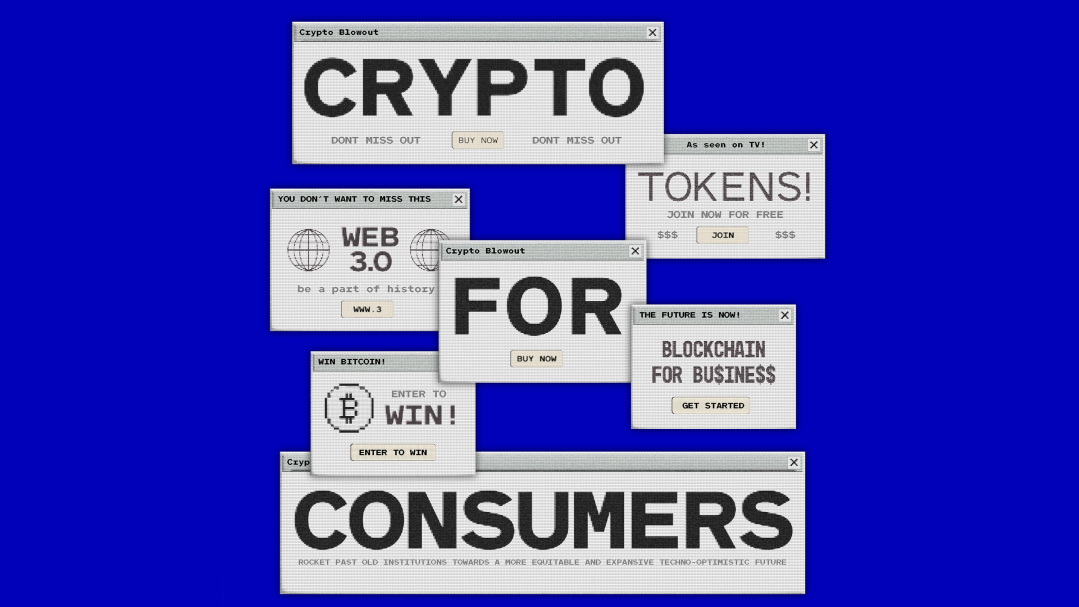The crypto winter is still here, and it might be one of the longest. It’s not all doom and gloom; there are some communities and projects that are still thriving. However, you can see that there is less enthusiasm for terms like GM (Good Morning), WAGMI (We’re All Gonna Make It), and YOLO (You Only Live Once) in the crypto world. There’s also less enthusiasm around NFTs, DeFi, and other sectors in the blockchain world. Celebrities and crypto influencers are being less loud, and founders are not making extravagant promises of a revolution.
While this shift is happening, we must reflect on everything we were told—much of it was overpromising in development or just outright lies. Reflecting on these turbulent times, having worked on several crypto projects, I’ve experienced both triumphs and flaws in this crypto world, from making substantial gains in DeFi and Bitcoin to losing funds in platforms like Quadrigacx, FTX, and Celsius. I believe I’m authorized to share some things that people rarely discuss in blogs or any medium other than Discord and Telegram chats. Here are the following points:
Many Projects Are Copies of Others and Don’t Solve Anything

Meme coins are given, but beyond those, there are layer 1 and 2 DeFi projects like Maker, Uniswap, Aave, and others. Most projects are either forks of existing ones or do not offer any real value. If there were no speculation and promises of huge gains through token sales, this wouldn’t be a problem. However, most projects get funded through promoters making promises that won’t materialize or aren’t needed. Reading the whitepaper or documentation often reveals that many projects use the same buzzwords like “Democratized,” “Decentralized,” “Permissionless,” and “Community,” along with technical jargon to appear professional and knowledgeable. There are countless examples, but just consider that there are 496 Uniswap forks and 100 Compound Finance forks listed on Defillama. Do we truly need that many?
Most Developers and Founders Work on Multiple Projects
While startups are often portrayed as groups of people dedicating their lives to a single business, in the crypto world, most protocols are forks of existing ones. This makes it easier for developers to copy and modify open-source code for different blockchains. The anonymity and the promise of “Decentralization” and “Privacy” enable many founders to start multiple projects with the same concept on different blockchains. This might not be a problem for regular websites, but coding and maintaining crypto projects are time-consuming. Juggling multiple projects while trying to create the “future of finance” can be disappointing and irresponsible.
Most Projects Are Not Truly Decentralized and Are Vulnerable to Hacks

Many projects claim to be “audited” and have security measures in place, but we’ve witnessed numerous protocols, especially in DeFi, being hacked with millions of dollars lost. There is often little accountability or solutions beyond offering bounties and asking hackers to return the stolen funds. This all relies on the philosophy of “trusting the code” and doesn’t consider rug pulls. Furthermore, many organizations are registered in countries like Malta and the Cayman Islands, which offer privacy but no legal protection for users. If these organizations were registered in countries with stricter regulations like the USA or Germany, users would have stronger legal protections, similar to those for banks and financial services.
Fear of Government Crackdown
Despite discussions about the future of finance, art, and digital ownership, many people in the crypto world are closely monitoring laws and regulations to avoid becoming the next Do Kwon or Sam Bankman-Fried. Founders and enthusiasts are scaling back and being more cautious about their actions and statements because they fear government intervention and potential jail time. While most protocols deal with money, they are not registered as financial companies, and some employ decentralized or foundation structures to avoid liability. However, it’s becoming increasingly challenging to avoid regulations, with the EU expected to introduce clear crypto regulations by 2024 or 2025, which could pose a significant challenge for many projects.
In conclusion, the crypto landscape is a complex and rapidly evolving space, and as we navigate this tumultuous terrain, it’s crucial to acknowledge some of the fundamental issues that often go unspoken. While there are undoubtedly success stories and innovative projects that have emerged from the crypto world, we must also recognize the prevalent shortcomings.
The proliferation of copycat projects that offer little or no genuine value, the prevalence of founders and developers juggling multiple ventures, the vulnerability of supposedly decentralized platforms to hacks, and the looming specter of government regulations are all factors that demand our attention.
However, amidst these challenges, there is room for optimism. The crypto community has demonstrated resilience and adaptability time and again. As we move forward, it’s essential to address these issues honestly and work collectively to build a more robust, secure, and transparent crypto ecosystem. By doing so, we can help crypto fulfill its potential as a transformative force in the world of finance and technology. In the end, it is through acknowledging and overcoming these challenges that we can truly usher in the promised future of finance and blockchain technology.





Leave a Reply